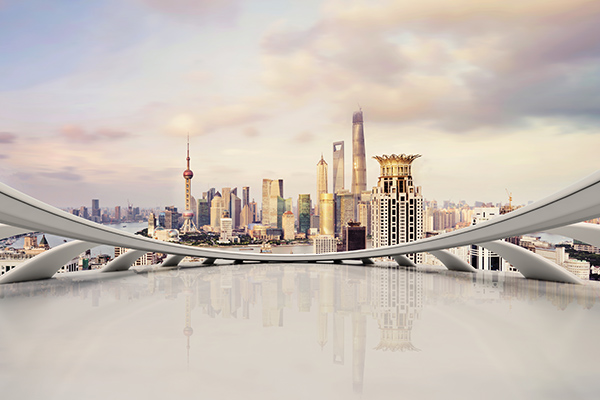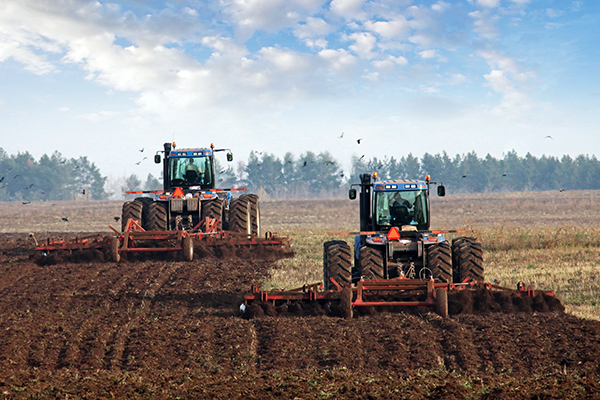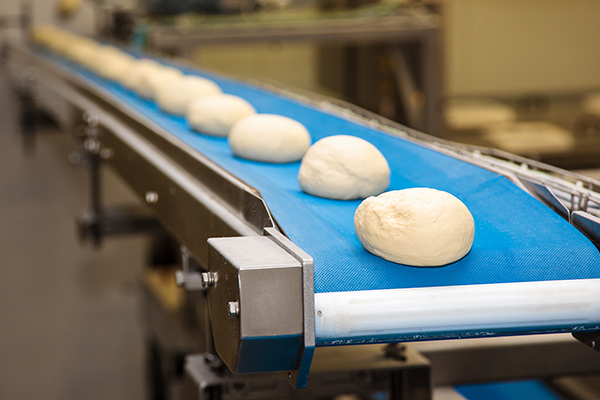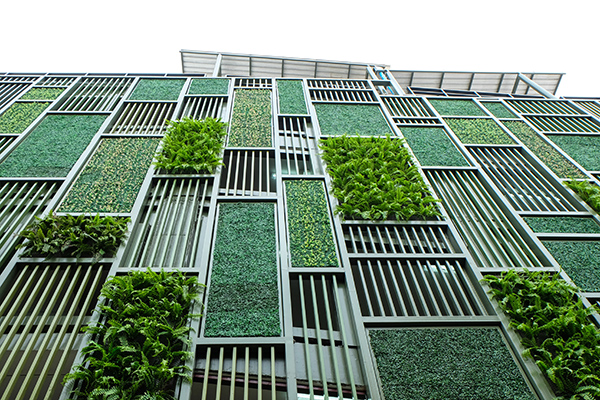
Future Cities
We are living in the age of urbanization, where the majority of the global population lives in cities instead of rural areas. This of course creates new challenges for urban areas. It includes questions of energy and water supply, food production, mobility, transportation and waste management. Future and functional cities also have to deal with the provision of sufficient housing as well as high-quality public spaces.
There are many different approaches for addressing these challenges. The sustainable city concept for example states that cities should have the smallest possible ecological footprint. Other conceptions also include the societal dimension, aiming to provide everyone with affordable housing and the "right to the city".
Whereas some of the upcoming issues have to be addressed by urban policy and decision makers, other problems can be solved through engineering and technology.
There are many different approaches for addressing these challenges. The sustainable city concept for example states that cities should have the smallest possible ecological footprint. Other conceptions also include the societal dimension, aiming to provide everyone with affordable housing and the "right to the city".
Whereas some of the upcoming issues have to be addressed by urban policy and decision makers, other problems can be solved through engineering and technology.
Energy Efficiency: Many European cities are a mosaic of buildings that were constructed in different decades and centuries. To upgrade the energy efficiency of old buildings and to equip new buildings with high energy efficient standards is an important measure against climate change.
Smart Mobility: Larger cities also mean more traffic, which results in more pollution. In order to reduce the traffic and its implications, new systems and approaches for regulating transportation in large cities need to be developed.
Urban Food Production: A lot of food is travelling long distances, before it arrives in our stores and on our plates. Although one might think that food production in cities is not possible due to limited space, there are already experiments with farming in urban areas.
Future cities, Smart cities, Sustainable cities, Eco-cities, Low energy building, Smart urban mobility systems, Urban food production, Vertical farming
Related Topics

Agricultural Engineering
Agricultural engineering covers many different areas related to farming. It includes the design of machines, the building of water supply systems a...
READ MORE

Clean Water
Clean water is a human right but even today not everyone has access to it. Increased access to clean water is essential for improving living standa...
READ MORE

Food Production
The world population has reached 7.4 billion people and this number is increasing every second. Hence, we need to produce more food. However, it is...
READ MORE

Green Buildings
"Green building" is an overarching concept of sustainable architecture and construction that can appear in various forms of expressions. Some exper...
READ MORE

Internet Of Things
The "Internet of Things" is the network of physical objects such as devices, vehicles, buildings and other items that are embedded with electronics...
READ MORE




